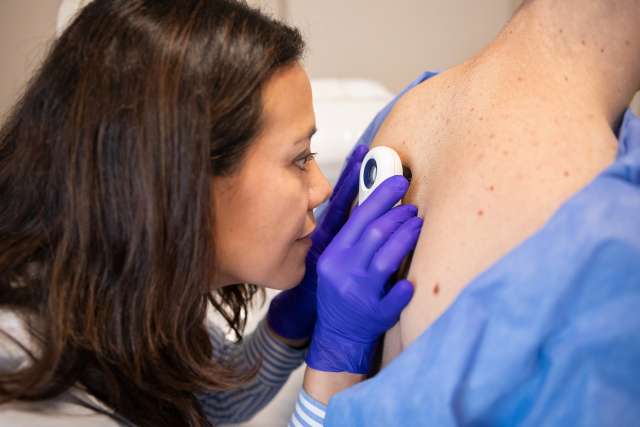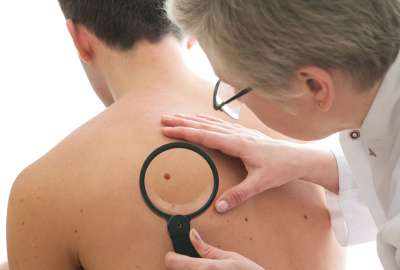At Three Rivers Concierge Medicine, Dr. Kathryn Shoemaker offers expert dermatology services to address a wide variety of skin conditions, ranging from acne and eczema to more serious issues like skin cancer. With a focus on prevention and early detection, we provide personalized care for all your skin, hair, and nail concerns. Our goal is to help you maintain healthy, radiant skin while ensuring that any underlying issues are treated promptly.
Dermatology Q & A
What is Dermatology?
Dermatology involves the diagnosis, treatment, and prevention of conditions that affect your skin, hair, and nails. Your skin is your body’s largest organ, protecting you from environmental factors and helping to regulate body temperature. It also plays a key role in your overall health, and any changes in your skin, hair, or nails can indicate potential health issues. Dermatologists specialize in identifying these issues and providing appropriate treatments.

What Conditions Does Dermatology Cover?
Dermatology encompasses a wide range of skin, hair, and nail conditions. Some of the most common conditions treated at Three Rivers Concierge Medicine include:
- Acne
- Rosacea
- Eczema and dermatitis
- Psoriasis
- Athlete’s foot
- Warts and skin infections
- Herpes and cold sores
- Nail fungus
- Skin allergies
- Hair loss
- Scabies and ringworm
While many of these conditions are manageable, skin cancer is one of the most important concerns within dermatology. Early detection and treatment are critical to successful outcomes.
Why is Skin Cancer So Important in Dermatology?
Skin cancer is a serious concern due to its potential to spread if not treated early. The three most common types of skin cancer are:
- Basal cell carcinoma
- Squamous cell carcinoma
- Melanoma
Basal and squamous cell carcinomas are typically localized, while melanomas can spread to other parts of the body, making early detection vital. Overexposure to UV rays from the sun or tanning beds is the leading cause of skin cancer. Regular skin checks and prompt attention to suspicious spots, such as new moles, growths, or changes in existing moles, are crucial for prevention.
What Treatments May Be Required?
Treatment for skin conditions varies depending on the diagnosis. Common treatments include:
- Topical medications for conditions like eczema or acne
- Oral medications for infections or severe conditions
- Cryotherapy to freeze and remove abnormal tissue
- Biopsy for suspected cancerous lesions
- Skin cancer excision for removal of malignant lesions
- Laser therapy for scars or tattoos
If you have a suspicious mole or skin lesion, Dr. Shoemaker will perform an examination and may conduct a biopsy to rule out cancer. If you are diagnosed with skin cancer, we offer excisions with a focus on minimal scarring and optimal outcomes.

















